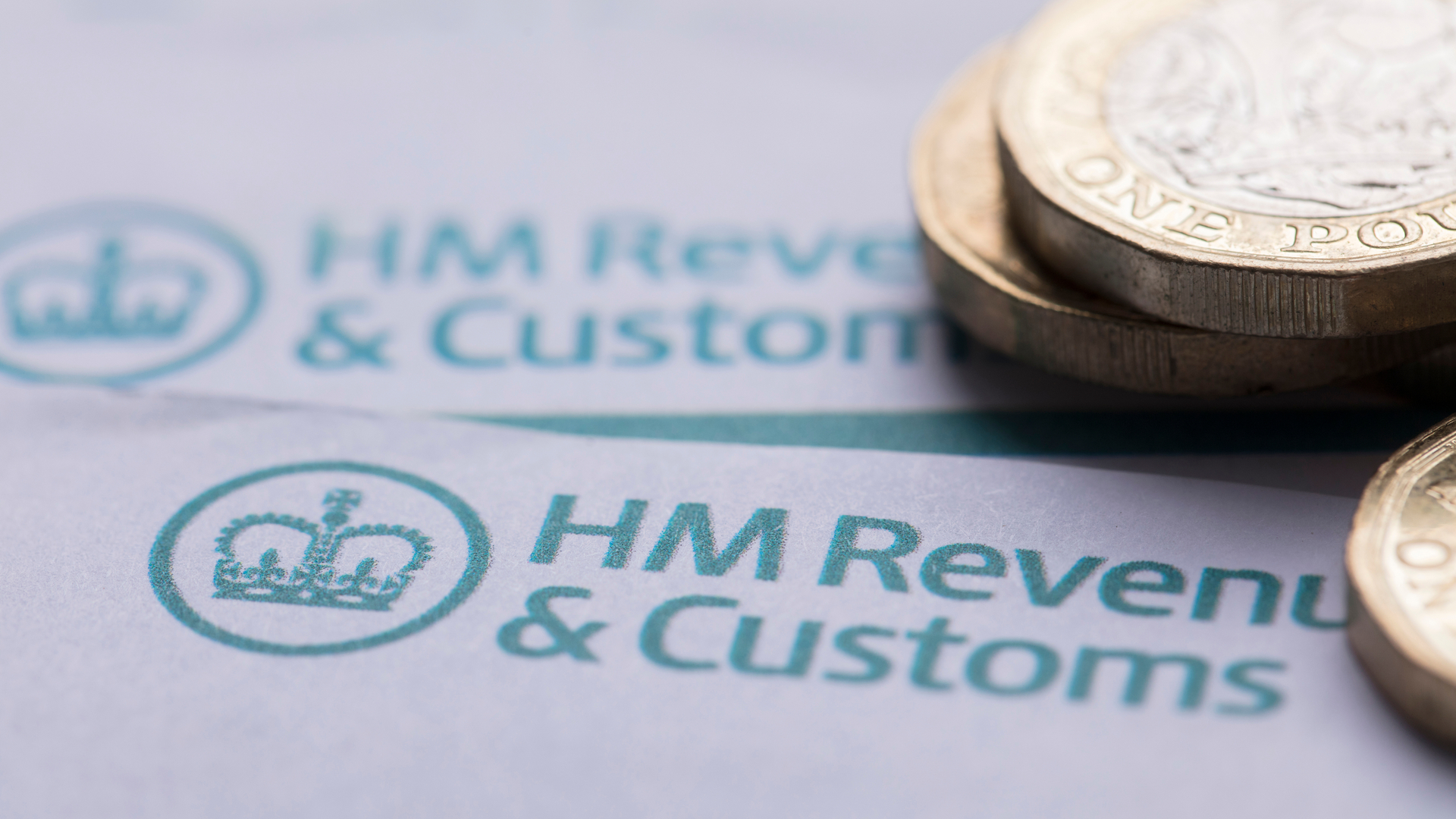How to choose the right accounting software for Making Tax Digital
Best practice advice for making the switch over to online accounting


Many businesses faced with complying with Making Tax Digital (MTD) need to take some time to assess their current business needs, how these might change in the near to medium-term future, and figure out what technology they'll need to comply.
The key driver behind MTD is to move businesses, no matter their size, to some form of digital accounting. MTD is seen as not only a major efficiency win for the enterprises concerned, but it also enables the government to streamline the tax systems that are in place today. In an ideal world, this would mean an online tax account for every business and self-employed person, for fast and efficient tax filing.
However, how businesses use IT can vary significantly, particularly as access to certain technologies is not always possible. Adopting MTD may be a significant challenge for some enterprises, while for others it will require little more than a few tweaks to their existing systems. The vast majority of companies will, however, fall between these two extremes.
It because of this that calls have been issued to delay the rollout of MTD, currently expected to arrive in April, something that the UK government has seemingly rejected.
Tax shouldn't be taxing
How your business' digital accounting systems will evolve will, of course, depend on many factors. Your company may already use some form of digital accounting software, so the question may be, does this application need to be upgraded to be compatible with MTD?
With research from Spiceworks revealing 52% of businesses are still using Windows XP, this doesn't bode well for small enterprises keeping their accounting applications up-to-date.
There is also the matter of training and competence with the applications, especially if these are new to your company. It won't be possible to instantly use any of the cloud-based applications without a period of training. Factoring this into your transition period is vital.
Get the ITPro daily newsletter
Sign up today and you will receive a free copy of our Future Focus 2025 report - the leading guidance on AI, cybersecurity and other IT challenges as per 700+ senior executives
Small business owners are also concerned that their level of technical knowledge won't be good enough to avoid what could be costly mistakes when choosing new digital accounting systems.
Peter Ford, public sector industry principal at Pegasystems, says that his company is working with HMRC to develop their front facing services.
"Digital solutions used by SMEs and their agents should offer the customer experience that allows them to complete online filing without any technical knowledge, and only the level of business engagement that one would expect any other major mandatory function within their organisation. Systems that HMRC provide, including APIs, interfaces and online services should be equally easy to use that will allow an SME to complete digital filing as they would any other regular business function, such as paying staff."
Your business's current level of technical knowledge will determine how complex supporting MTD will be for your company. Small businesses, in particular, will have to potentially make the most radical changes, as until now they may have simply completed their own self-assessment tax form. In the world of MTD, moving to a hosted accounting service will be unavoidable.
Understanding your objectives
Mark Taylor, a technical manager in the Technical Innovation wing of the Institute of Chartered Accountants (ICAEW), explains to IT Pro that businesses need to assess their requirements before choosing an MTD software provider.
"Choosing an MTD application should be approached in the same manner as selecting business software," explains Taylor. "An organisation should start with understanding its business objectives, what problem are you attempting to address? In this case MTD.
"Next, technology requirements need to be considered. Should the application be cloud-based? Do you need to support mobile devices or need to integrate with an existing application? Once these requirements have been established, a business can start to research possible solutions.
He explains that some businesses have found success with a scorecard approach, in which each application is marked against a company's existing systems and requirements, with the totalled scores revealing the best overall package. How a business implements this system isn't important - what matters is that it helps to "formalise the selection process and provide more assurance that the right application is being selected."
As with all software moves, pitfalls are almost certainly going to be encountered, yet, given the fierce market competition that is developing ahead of the April deadline, vendors will be trying to make the onboarding process as simple as possible.
"Software vendors often provide trial versions of their applications for free," explains Taylor. "The key to making successful use of these trials is to use them with realistic data and in a representative manner. Casually playing with an application will not provide sufficient insight as to how well it will integrate into your business."
Approaching the transition to digital accounting and tax filing needs all the due diligence you would use when choosing any new services for your business. Today, the cloud-based accounting market has continued to expand and evolve. Stalwarts of business accounting such as Sage have been joined by newer services such as FreeAgent and Crunch. What they all attempt to do is simplify the accounting and tax filing processes all business must comply with.
As each application or service is different, one size doesn't fit all. Take your time to talk to other businesses in your sector. Case studies and information from your business's trade associations can often shed light on the shortcomings of some applications or services you may not be aware of. Use this knowledge to make sure you purchase the right digital services to comply with MTD.
David Howell is a freelance writer, journalist, broadcaster and content creator helping enterprises communicate.
Focussing on business and technology, he has a particular interest in how enterprises are using technology to connect with their customers using AI, VR and mobile innovation.
His work over the past 30 years has appeared in the national press and a diverse range of business and technology publications. You can follow David on LinkedIn.
-
 Meta just revived plans to train AI models using European user data
Meta just revived plans to train AI models using European user dataNews Meta has confirmed plans to train AI models using European users’ public content and conversations with its Meta AI chatbot.
By Nicole Kobie
-
 AI is helping bad bots take over the internet
AI is helping bad bots take over the internetNews Automated bot traffic has surpassed human activity for the first time in a decade, according to Imperva
By Bobby Hellard